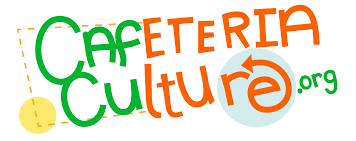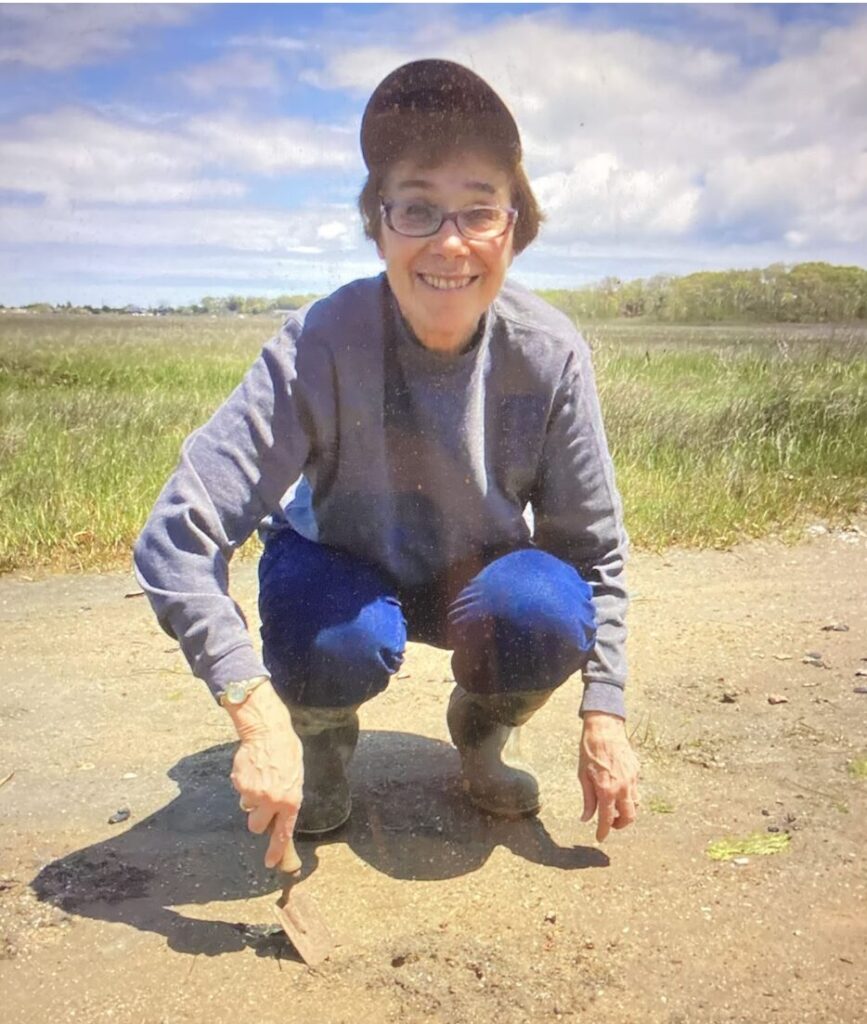
Tell us about yourself.
I was a Professor at Rutgers University, now officially retired but still very active. I am a marine biologist and studied various aspects of marine/estuarine pollution for decades. In the 1980s I got interested in science policy (as a result of reading about actions of the Reagan administration’s Environmental Protection Agency (EPA)). I was awarded a AAAS Congressional Science Fellowship and spent 1983-84 as a Fellow working in the Senate Environment and Public Works Committee. I worked on many pollution-related topics there, including the Safe Drinking Water Act and the Resource Conservation Recovery Act and saw how Congress operated. When the fellowship year was over I went back to the Rutgers faculty, but stayed involved in policy mostly by serving on Science Advisory Boards of agencies like US EPA, New Jersey Department of Environmental Protection, National Oceanic & Atmospheric Administration (NOAA), and becoming active in professional organizations such as American Institute of Biological Sciences and Ecological Society of America’s public affairs committees, as well as environmental organizations like the Sierra Club.
What is important to you about engaging with your local government?

I learned that important things happen, not only at the federal or state level, but also at the local level. After we moved to New York City (NYC), I learned that the EPA Region II, under Administrator Judith Enck, was organizing a “Trash-free Waters” initiative and was bringing representatives of environmental groups and the public in for discussions and planning. Although I hadn’t done research on plastics, I was well aware of the problems they caused to marine life. By being involved with this group, I learned a lot more, especially about microplastics, which I have continued to focus on.
What did you do?
At the meetings at EPA I met the late Debbie Lee Cohen, who ran an organization called "Cafeteria Culture." This group works in the NYC school system to reduce their use of plastic. At that time they were working to get the school system to end the use of styrofoam trays in all the school cafeterias. There was a bill in the City Council that would prohibit use of plastic trays in school cafeterias throughout the city. NYC schools used to throw away 850,000 styrofoam trays per day. I attended the scheduled hearings and testified as a Marine Biologist about the environmental damage done by plastics.
Cafeteria Culture also works with kids in elementary schools and makes them aware of the problems of plastic pollution, including educational field trips to the beach to see and collect plastic litter. The school children become plastic activists themselves and educate their parents. At the hearings there was an entire third grade class from an inner city elementary school, and some of the kids also testified. They were a "big hit" and it is likely that the eventual passage of the law was due more to the kids than to me!
What did you get out of this experience?
I enjoyed the experience a great deal and have testified at other hearings, and also enjoyed being overshadowed by a bunch of articulate elementary school students, the next generation of environmentalists.